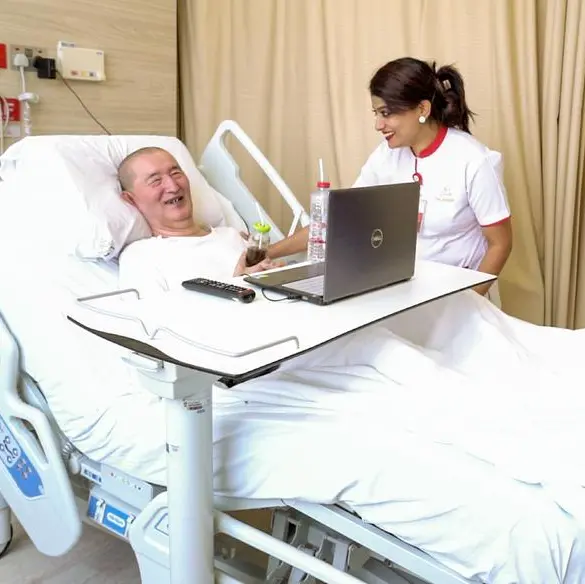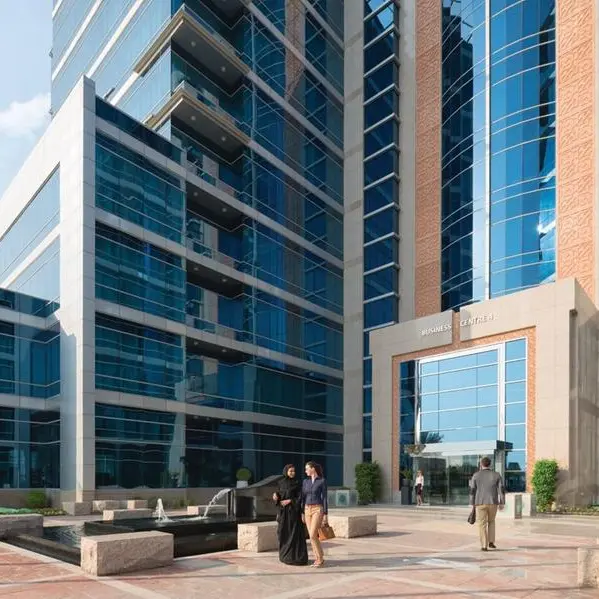PHOTO
Several Arab countries are planning to reform their education sector in the coming years, with the United Arab Emirates (UAE) working to enlarge the capacity of its schools, while Egypt is working to digitise school curriculums.
By the year 2020, the UAE plans to add more than 175,000 school places to its private schools.
In Egypt, the Arab World’s most populous country, education minister Tarek Shawki, who was appointed in the country’s latest cabinet reshuffle last month, promised to tackle Egypt’s decades-old issues of low teachers’ pay, overcrowded classrooms and low quality education.
“I will work to answer all teachers’ complains, train as many as we can… put most of the subjects online and on digital programs which would allow us to provide better education for our students and also cut the very expensive printing costs,” Shawki said on Saturday in an interview with Kol Youm, Every day, an Egyptian daily evening talk show. The minister said he will attend a conference on the integration of technology in schools in Abu Dhabi this month.
Dubai last month for the first time hosted the School Principles’ Forum, which was attended by around 1,300 top officials from public and private schools.
Saudi Arabia, the Arab world’s biggest economy, in January announced it will allocate 200 billion riyals ($53.33 billion) to education in its new budget.
The high fees in private schools is one of the main challenges facing education in the Middle East especially as the low quality of service offered by many public schools in the region forces many residents to look to the private sector.
Further reading:
- Private schools to lead UAE education sector growth into 2020
- UAE education sector discusses draft of a moral education curriculum
- HSBC bank to advise Saudi on privatising management of school buildings
© Express 2017





















